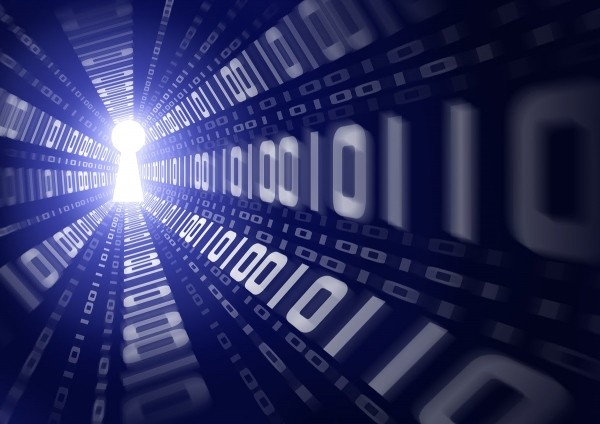In what could be a landmark decision, US Judge Harold Baker has ruled that an IP address is not adequate evidence to pin a crime on someone. For years, the recording industry has sued individuals for copyright infringement based solely on their IP address. This reached a new level when lawyers began collaborating with independent filmmakers to attack large quantities of suspected BitTorrent pirates.
The lawyers logged the IPs of anyone sharing a specific item over BitTorrent. They'd get a court to force ISPs to reveal the account holders behind those IP addresses and those individuals would receive a letter requesting threatening legal action. The alleged pirates could pay a settlement fee ranging from a few hundred to a few thousand dollars, or risk being hauled to court for $150,000 plus legal fees.
Naturally, lawyers don't actually want to pursue legal action, they're just hoping to scare people into paying the settlement. This tactic has been against tens of thousands of pirates in the last year or so. In a similar case (VPR Internationale v. Does 1-1017), a Canadian adult film company sought a court's backing to demand customer data from ISPs -- a request declined by Judge Harold Baker.

Baker ruled that IP addresses do not equal persons and cited a recent child pornagraphy case where US authorities raided the wrong people because the true offenders were piggybacking on their wireless connection. "The infringer might be the subscriber, someone in the subscriber's household, a visitor with her laptop, a neighbor, or someone parked on the street at any given moment," he said.
Cases involving pornography are especially delicate because the accused party might feel pressured into quick settlements in fear of the embarrassment that would follow if the case received public exposure. Baker said the court wouldn't support "fishing expeditions" for users' information without evidence that it has jurisdiction over the defendants. Hopefully this decision will prevent future shakedowns.
At least one lawyer believes it will. Robert Cashman, a Texas attorney who represents defendants in similar cases, said "we may have just seen the order that may end all future John Doe lawsuits." "I have no doubt this ruling is the first of many to come, where the judges stop the plaintiff in their tracks by denying them access to the ISPs' subscriber records before a single subpoena is issued," he added.
https://www.techspot.com/news/43664-us-judge-an-ip-address-is-not-a-person.html